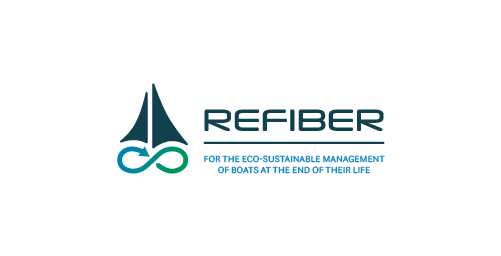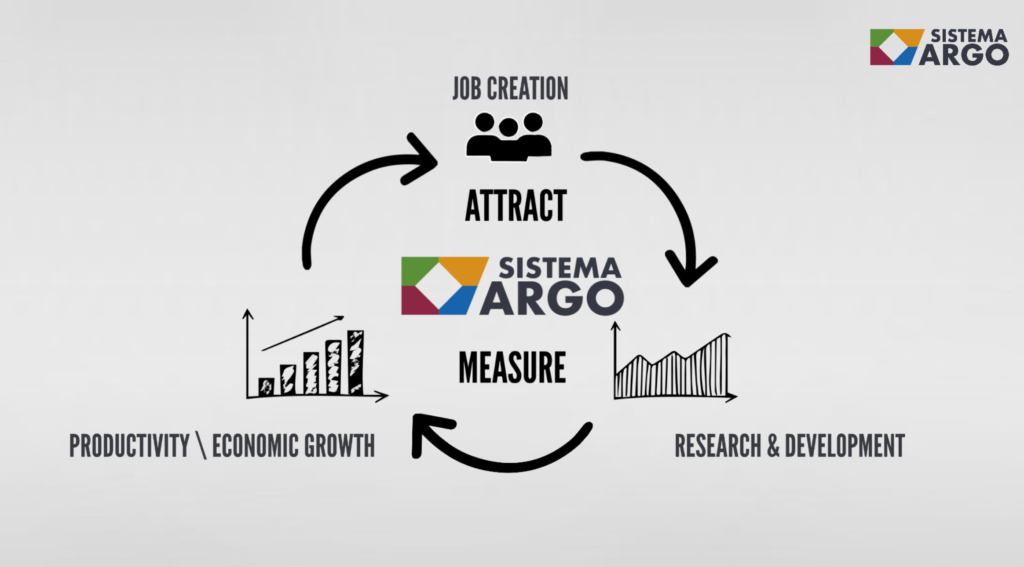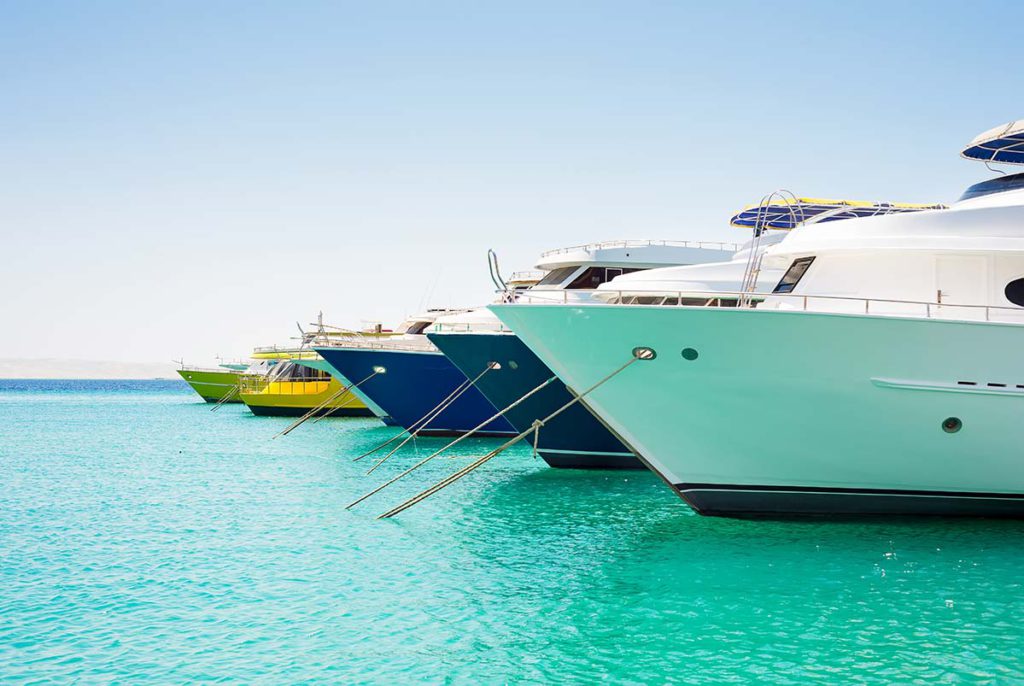Synergy between research, innovation and the world of production to restart the country
REFIBER arises from the need of providing a concrete answer to the environmental and economic problems connected with fiberglass boat disposal (legal and illegal) where a structured disposal model does not exist, offering additionally new market opportunities to operators in the sector.
The key factors contributing to the increase in the chances that boats will be abandoned are severe weather events, the "cannibalization" of the valuable components of boats at the end of their life (engines, electronic parts, large batteries, ferrous materials and other metals), as well as the costs for the disposal of poor fractions. Any disposal of ships in landfills, even when legal, has a negative impact on the environment that could be mitigated by the proper recovery of some components such as fiberglass. These activities have a significant environmental impact which is damaging coastal marine life for years.
Therefore, REFIBER's challenge is to fill the missing gaps thanks to the intervention of a public research body (Area Science Park) which, for its mission, intervenes to support research and development initiatives in the within the circular and sustainable economy, and a private body (Innovando Srl) sensitive and experienced with solving these and similar issues. The "promoting partners", who have invested in this new and ambitious initiative, will take action to involve further relevant subjects in order to improve the implementation and development of REFIBER.
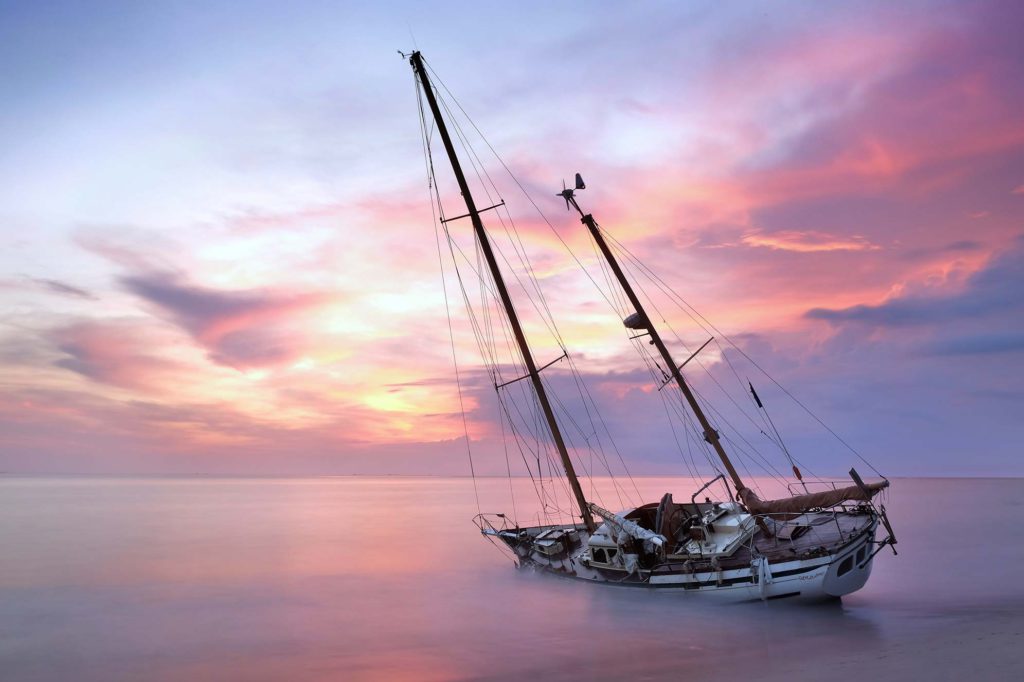
At REFIBER we believe that Extended Producer Responsibility (EPR) can provide a valid solution to address the identified problems. The EPR is based on the "polluter pays" principle, and EU considers it as a suitable environmental policy for product management throughout its life cycle.
In September 2020, with Legislative Decree 116/2020, the amendments to the Environmental Code (Legislative Decree No. 152 of 2006) came into force, implementing the provisions of the Waste Framework Directive (EU 2018/851) and of the Packaging Directive (EU 2018/852). Articles 178-bis and 178-ter have been added to the Environmental Code which reinforce the principle of the EPR. With these changes, new EPR regimes can be established, even at the request of a party.
It is important to remember that the EPR is currently applied with excellent results in terms of collection and management to other products such as: WEEE (Waste electrical and electronic equipment), ELT (end-of-life tires), end-of-life vehicles, batteries and accumulators and packaging. Together with the waste hierarchy, EPR makes the most important pilar of the European strategy for Circular Economy.
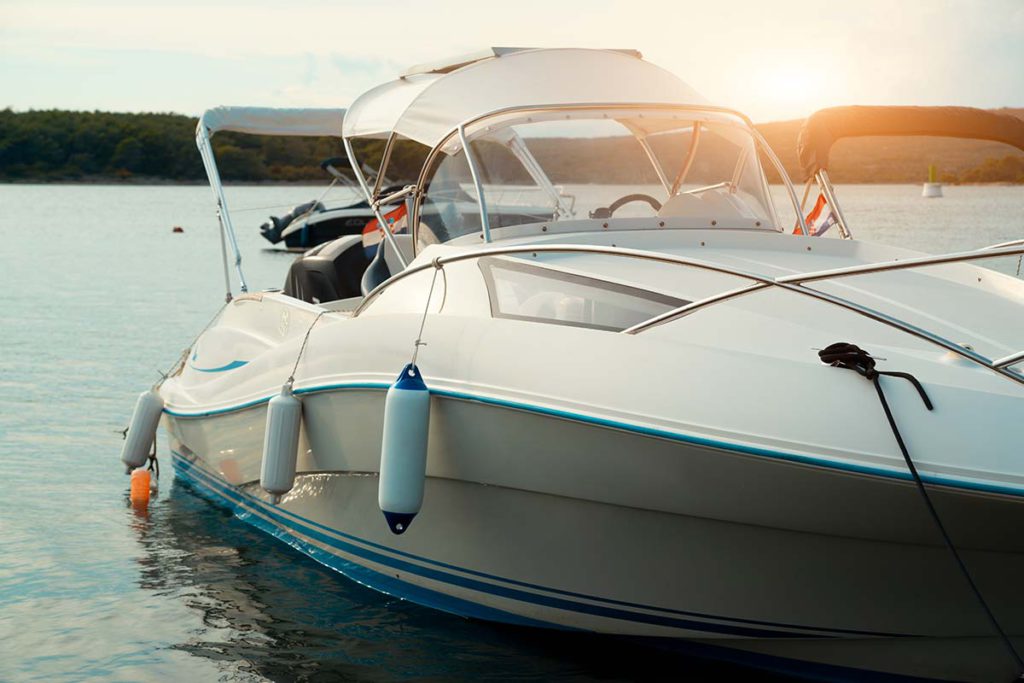
Why REFIBER
Companies that entrust the management of end-of-life boats to REFIBER will effectively fulfill all their responsibilities. REFIBER, thus, becomes the only national reference point for the management of disused boats, anticipating future regulatory obligations.
In the first phase, REFIBER will promote the EPR decree on boats, aligning it with the expectations and needs of producers. Furthermore, the activities related to innovation and competitiveness in the nautical sector will be encouraged. REFIBER is committed to promoting the adoption of regulations and incentive systems to encourage the industrial development of experiments that provide and demonstrate positive results.
